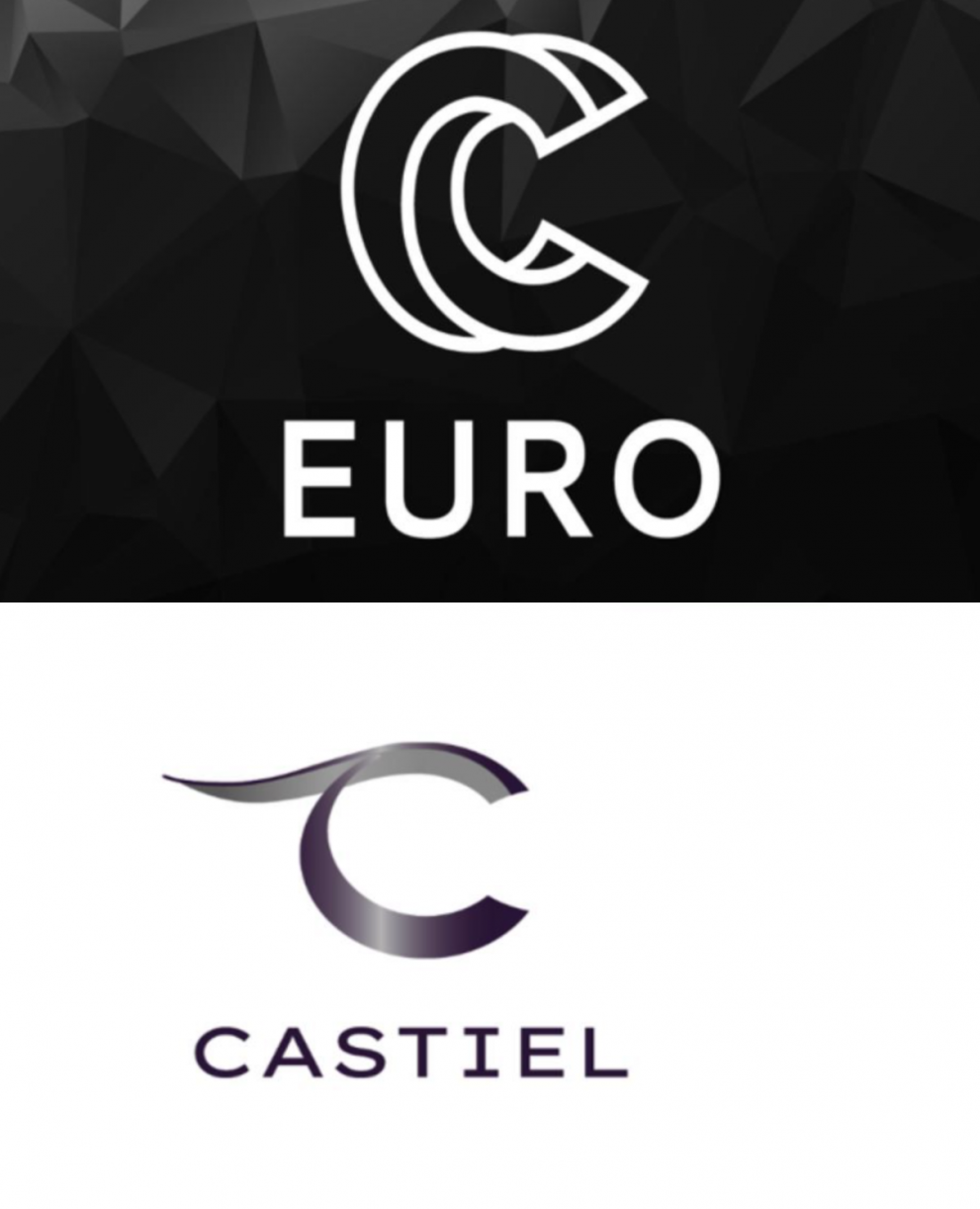
With funding from the European High Performance Computing Joint Undertaking (EuroHPC JU), EuroCC and CASTIEL will build a European network of 33 national HPC competence centres. The two projects will bridge the existing HPC skills gaps while promoting cooperation and the implementation of best practices across Europe.
Each of the 33 national competence centres, which will be part of the EuroCC network, will act locally to map available HPC competencies and identify existing knowledge gaps. The competence centres will coordinate HPC expertise at national level and ease access to European HPC opportunities for research and scientific users, public administration but also in different industrial sectors, delivering tailored solutions for a wide variety of users.
CASTIEL will promote interaction and exchange of expertise across the entire EuroCC network. The project will develop a Europe-wide competency map presenting both available resources and knowledge gaps across all EuroCC competence centres. This will encourage potential collaborations, exchange of best practices, sharing of knowledge and expertise between different nations to efficiently address skill gaps and close them. CASTIEL will coordinate activities like international workshops, mentoring and twinning partnerships, and topic-specific working groups to address issues of shared interest.
The ultimate objective of the projects is to ensure a coordinated and consistent high level of expertise across Europe in HPC and related disciplines such as high-performance data analytics (HPDA) and artificial intelligence. Such European knowledge and expertise are key to strengthen the European Union (EU) technological autonomy and competitiveness.
More details
Starting on 1st September 2020, the project EuroCC will run for a 2-year period with a total budget of €57 million. Half of the budget comes from Horizon 2020, the Research and Innovation funding programme of the EU, while the other half will come from the 33 participating countries.
CASTIEL (Coordination and Support for National Competence Centres on a European Level) will also run for a 2-year period, from 1st September 2020, with an extra Horizon 2020 funding of €2 million.
The two projects have been selected following the call EuroHPC-04-2019 and will be coordinated by the High-Performance Computing Centre Stuttgart (HLRS), one of the member of the Gauss Centre for Supercomputing (GCS).
Background
The EuroHPC JU was established by Council Regulation (EU) 2018/1488 in 2018. 32 European countries are currently taking part in the initiative and pooling their resources with the EU and private partners to enable the EU to become a world leader in supercomputing.
The mission of the EuroHPC JU is to develop, deploy, extend and maintain an integrated world-class supercomputing and data infrastructure in the EU and to develop and support a highly competitive and innovative HPC ecosystem.
The EuroHPC JU aims at equipping the EU in 2021 with an infrastructure of petascale and precursor to exascale supercomputers, and developing the necessary technologies and applications for reaching full exascale capabilities around 2022 / 2023.
More information can be found on the EuroHPC JU’s website.
Related documents
- Gauss Centre for Supercomputing Coordinates Projects to Build Pan-European HPC Competency Network, press release of the Gauss Centre for Supercomputing
Details
- Publication date
- 1 September 2020
- Author
- European High-Performance Computing Joint Undertaking